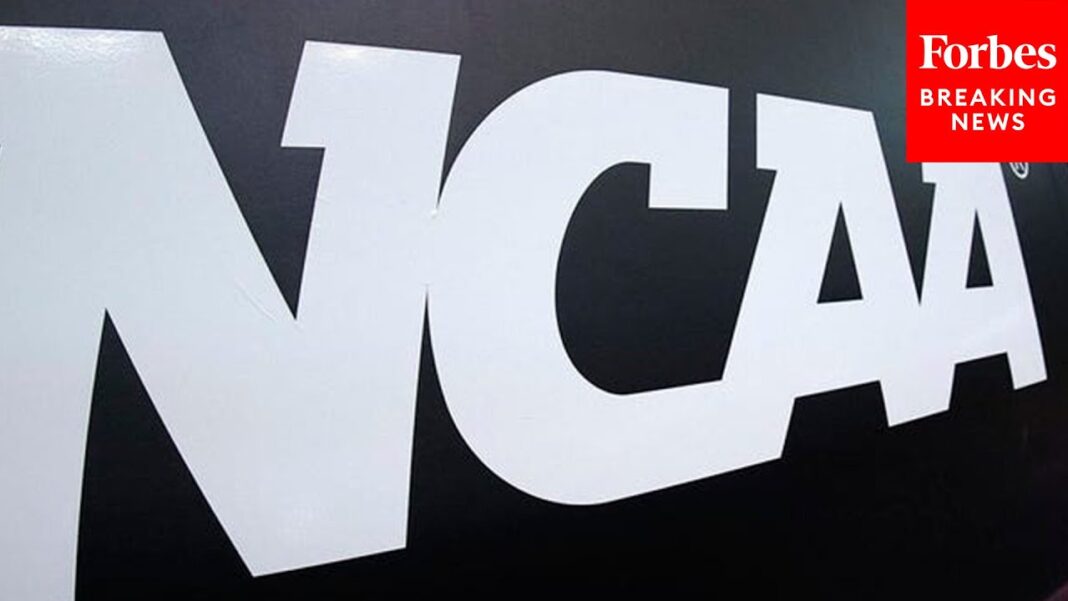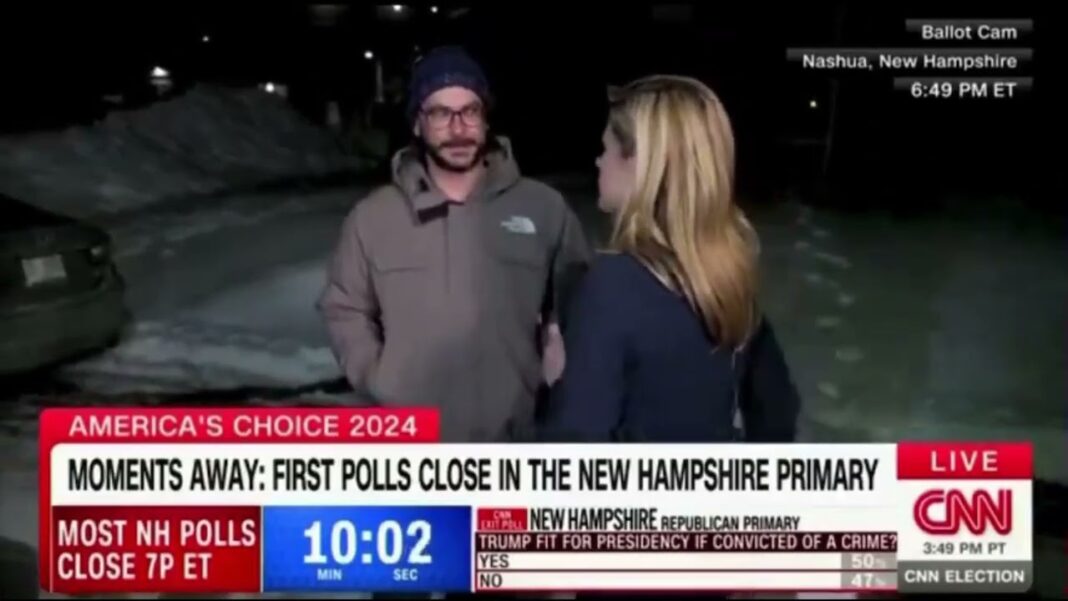A local official in Michigan blocked commenters after being criticized over COVID-19 policies.
Public officials may block people on social media in certain situations, the Supreme Court ruled unanimously on March 15.
At the same time, the court held that public officials who post about topics pertaining to their work on their personal social media accounts are acting on behalf of the government. But such officials can be found liable for violating the First Amendment only when they have been properly authorized by the government to communicate on its behalf.
The case is important because nowadays public officials routinely reach out to voters through social media on the same pages where they discuss personal matters unrelated to government business.
“When a government official posts about job-related topics on social media, it can be difficult to tell whether the speech is official or private,” Justice Amy Coney Barrett wrote for the nation’s highest court.
The case is separate from but brings to mind a lawsuit that several individuals previously filed against former President Donald Trump after he blocked them from accessing his social media account on Twitter, which was later renamed X. The Supreme Court dismissed that case, Biden v. Knight First Amendment Institute, in April 2021 as moot because President Trump had already left office.
At the time of the ruling, the then-Twitter had banned President Trump. When Elon Musk took over the company he reversed that policy.
The new decision in Lindke v. Freed was written by Justice Amy Coney Barrett.
Respondent James Freed, the city manager of Port Huron, Michigan, used a public Facebook account to communicate with his constituents. Petitioner Kevin Lindke, a resident of Port Huron, criticized the municipality’s response to the COVID-19 pandemic, including accusations of hypocrisy by local officials.
Mr. Freed blocked Mr. Lindke and others and removed their comments, according to Mr. Lindke’s petition.
The U.S. Court of Appeals for the 6th Circuit ruled for Mr. Freed, finding that he was acting only in a personal capacity and that his activities did not constitute governmental action.
Mr. Freed’s attorney, Victoria Ferres, said during oral arguments before the Supreme Court on Oct. 31, 2023, that her client didn’t give up his rights when using social media.






